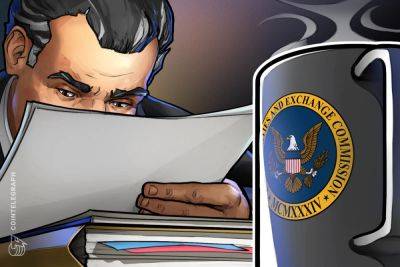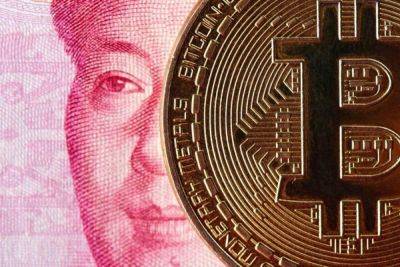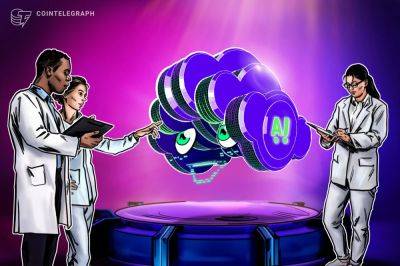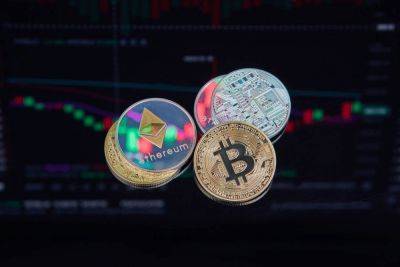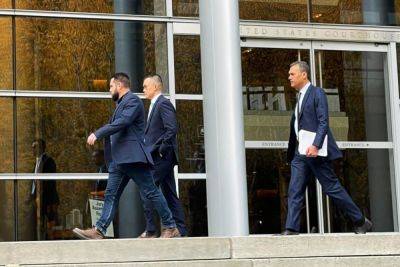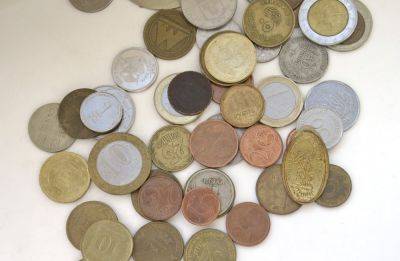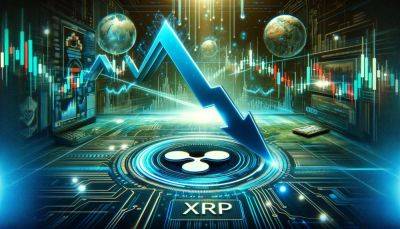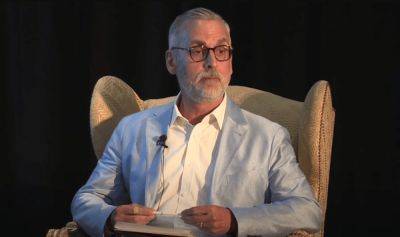Ripple faces slim odds of $770M disgorgement - XRP holder Attorney
Attorney John Deaton, representing XRP holders, has made a persuasive case in the Ripple vs. SEC legal saga, suggesting that the anticipated $770 million disgorgement for Ripple is improbable. He grounds his prediction on various influential factors that could sway the court’s judgment.
Deaton underscores the significance of the Supreme Court’s Morrison ruling, which effectively limits the SEC’s jurisdiction to sales within the United States. This gains relevance as Ripple’s XRP sales in the United Kingdom, Japan, Switzerland, and other areas face scrutiny. Additionally, the legal standing of XRP in these jurisdictions bolsters Ripple’s stance.
I will address this on Tuesday’s @CryptoLawUS livestream. @Ripple will pay a lot less than $770M.
The Supreme Court ruled disgorgement is not punitive in nature and cannot exceed “net profits” from the sales. A company can deduct legitimate business expenses. @bgarlinghouse and… https://t.co/jDkOfouj1w
For example, regulatory bodies like the Financial Conduct Authority (FCA) in the U.K. and the Financial Services Agency (FSA) in Japan have not categorized XRP as a security. This classification is crucial, as it permits the lawful continuation of XRP sales in these regions, posing a challenge to the SEC’s pursuit of disgorgement from these global transactions.
Additionally, Deaton underscores that the legal action against Ripple is not centered on fraud but rather constitutes a regulatory disagreement. This differentiation is pivotal as it redirects attention from punitive measures to regulatory adherence. Given that a substantial portion of XRP sales happens outside the U.S. and involves accredited investors, the potential for disgorgement diminishes significantly. Excluding non-U.S.
Read more on cointelegraph.com

